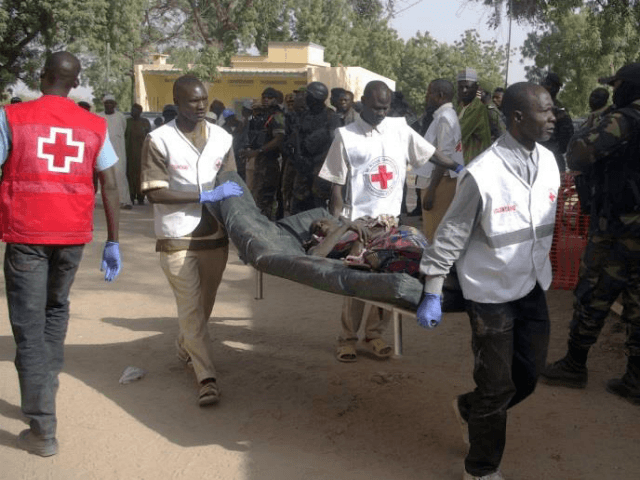Unidentified gunmen opened fire and wounded a priest and a seminarian driving to Mass on Sunday in the village of Akum in the Northwest region of Cameroon.
The news of the shooting, given by Tatah Mbuy, a spokesman for the Catholic Church in Cameroon, seems unrelated to other violence erupting around the English-speaking portion of the nation.
On Sunday, Cameroon’s first ever election to appoint regional councils was blighted by violence from separatist militants who killed one voter and wounded others. The separatists had threatened to disrupt the vote and arrest anyone who took part in the election in the nation’s English-speaking regions in the northwest and southwest.
According to one separatist leader, Cho Ayaba, the fighters killed one regional official who voted outside the town of Bamenda in the Northwest. Ayaba denied responsibility for the shooting of the priest and seminarian.
Last month, separatists kidnapped Cardinal Christian Tumi in Cameroon’s northwest Region only to free him again hours later.
The kidnapping was attributed to a group of Ambazonian rebel fighters led by “general” Shao Mao (or Chaomao), who intercepted the traveling band as they returned to the English-speaking zone after a short visit to Foumban in the western part of the country.
Critics of Sunday’s elections insist that the vote offers only the semblance of regional autonomy, since officials voting in the election are overwhelmingly supporters of President Paul Biya and thus the vote will only solidify his influence over the regions.
President Biya, who has ruled for nearly 40 years, allowed the vote in part to mollify his opponents who claim he has neglected the country’s 10 regions.
Observers are skeptical of the extent to which the elections will alter anything.
“It is not because we will have regional delegates that gunshots will stop and everything will be all right,” said Cameroonian political analyst Stephane Akoa.
In all of the nation’s 10 regions local representatives voted to appoint councils made up of regional delegates and traditional rulers, finally carrying out a 1996 law that pledged decentralized government.
Violence has become commonplace in the central African country, and in October gunmen stormed the campus of Mother Francisca International Bilingual Academy in Kumba and fired on the schoolchildren, killing seven and leaving dozens wounded.
“They found the children in class and they opened fire on them,” city sub-prefect Ali Anougou said regarding the October 24 shooting.
Pope Francis condemned the shooting while promising prayers for the victims and their families.
“I participate in the suffering of the families of the young students barbarically killed last Saturday in Kumba, in Cameroon,” the pope said on October 28, following his weekly general audience in the Vatican.
“I feel great bewilderment at such a cruel and senseless act, which tore the young innocents from life while they were attending lessons at school,” the pope added. “May God enlighten hearts, so that similar gestures may never be repeated again and so that the tormented regions of the north-west and south-west of the country may finally find peace!”
“I hope that the weapons will remain silent and that the safety of all and the right of every young person to education and the future can be guaranteed,” Francis concluded. “I express my affection to families, to the city of Kumba and to the whole of Cameroon and I invoke the comfort that only God can give.”

COMMENTS
Please let us know if you're having issues with commenting.